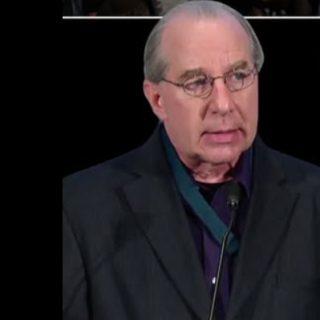I have always been interested in religion and its role in American society. My five siblings and I grew up in a religious household. Up until the time I was in third or fourth grade we lived right next door to Hilltop United Methodist Church. Even after moving, we were only one street over from the church, so we could hardly get out of going. We attended Sunday school, church, Vacation Bible School during the summers, and sang in the choir. We also had scripture and prayer before we went to school for several years until sports and school activities wreaked havoc with our schedules and made the logistics of those activities too difficult. If by some miracle any of us managed to skip church one Sunday, we knew that we would not be allowed to go anywhere during the rest of the week.
Although most presidents have invoked God during their time on the campaign trail and in the White House, Jimmy Carter was the first candidate to say he was a born-again Christian and that faith was central to his being. He regularly attended church in Washington and at his home in Plains, Georgia, where he continued to teach a Bible study class. During the 1980 presidential campaign, his opponent, Ronald Reagan, regularly invoked God, and spoke of America as being a “shining city on a hill.” He campaigned against abortion and in support of school prayer and the Pledge of Allegiance and was seldom seen attending church.
It was during that election that the Republican party showed how it made membership in the Republican party synonymous with Christianity. (The godfather of that plan, the Reverend Pat Robinson, just died about two weeks ago.) Since that campaign I have watched with interest and not a little alarm at how religion has become more entangled with politics and public life. In 2020 seventy-five percent of Americans said they attended church at least once that year. Then came the pandemic, and many houses of worship moved to online services. By 2022, the number had dropped to sixty-six percent, and in the aftermath of the pandemic, virtually all of the Christian denominations have reported a serious drop in church attendance and the financial support which often comes with it.
In Christianity’s American Fate, David Hollinger describes how religion in the U.S. has become more conservative at the same time society has become more secular. He tells us that “when a smaller percentage of the population than ever before professes the Christian fath, the destiny of the United States as a whole remains significantly determined by individuals and groups who claim the authority to speak for Christianity” . . .and that Americans now are in “an increasingly secular society saddled with an increasingly religious politics.”
Mainline Protestant denominations–Methodists, Presbyterians, Episcopalians–have been pushed aside and supplanted by white, evangelical Protestants. That group has been so instrumental in remaking Republican conservatism that Ronald Reagan, George H. W. Bush, and George W. Bush would likely be unelectable today. The historic Republican platform of robust capitalism, limited government regulation, and low taxes has been replaced with increasing regulation of personal morals and behavior, an even meaner immigration policy than is usual for Republicans, and a frightening rise in white supremacy the likes of which has been seen since the civil rights movement.



